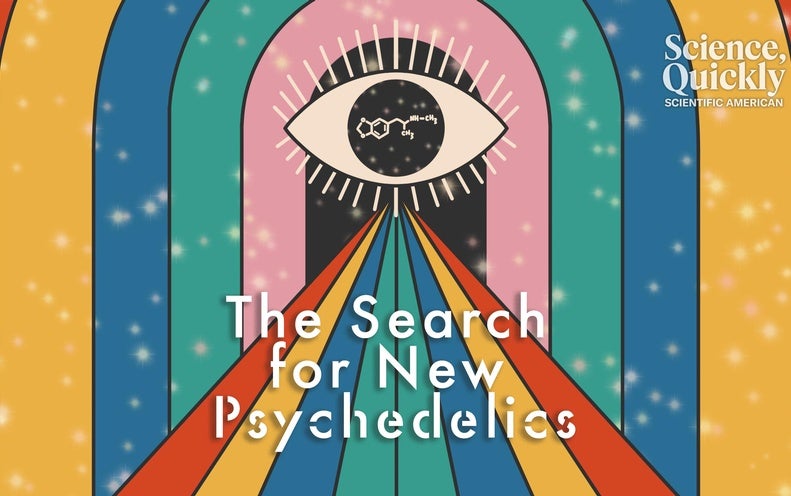Suggestions
Erika Dyck
Professor at University of Saskatchewan
Erika Dyck is a prominent academic serving as a Full Professor and Canada Research Chair in the History of Health & Social Justice at the University of Saskatchewan in Saskatoon, Canada. She has been with the university since July 2008, following her tenure as an Assistant Professor at the University of Alberta from 2005 to 2008 .12
Educational Background
- PhD in History of Medicine from McMaster University (2005)
- Master's degree in Canadian History from the University of Saskatchewan (2000)
- Bachelor's degree from Dalhousie University (1998) .2
Research Focus
Dyck's interdisciplinary research encompasses various areas, including:
- History of health and medicine
- History of psychiatry and madness
- Eugenics
- Psychedelics
- Social justice issues related to health .24
She has made significant contributions to the understanding of the historical context of these subjects, particularly in relation to mental health and societal impacts. Her work often integrates perspectives from social sciences and humanities into medical and scientific discussions .4
Publications
Erika Dyck is an accomplished author and editor, with several notable publications, such as:
- Psychedelic Psychiatry: LSD from Clinic to Campus (2008)
- Facing Eugenics: Reproduction, Sterilization and the Politics of Choice (2013), which was shortlisted for the Governor General’s Award for Canadian Non-Fiction
- Managing Madness: The Weyburn Mental Hospital and the Transformation of Psychiatric Care in Canada (2017), which won a Canadian Historical Association Prize
- Psychedelics: A Visual Odyssey (2024) .24
In addition to her books, she has co-edited several works and served as a co-editor for academic journals focused on health history .34
Professional Involvement
Dyck is actively involved in various academic and research initiatives. She is a board member of the Chacruna Institute for Psychedelic Plant Medicines and has contributed to projects documenting the impacts of COVID-19 on health systems .24 Her research is recognized for addressing contemporary issues in mental health through historical lenses, making her a key figure in discussions surrounding psychedelics and their therapeutic potentials .4

